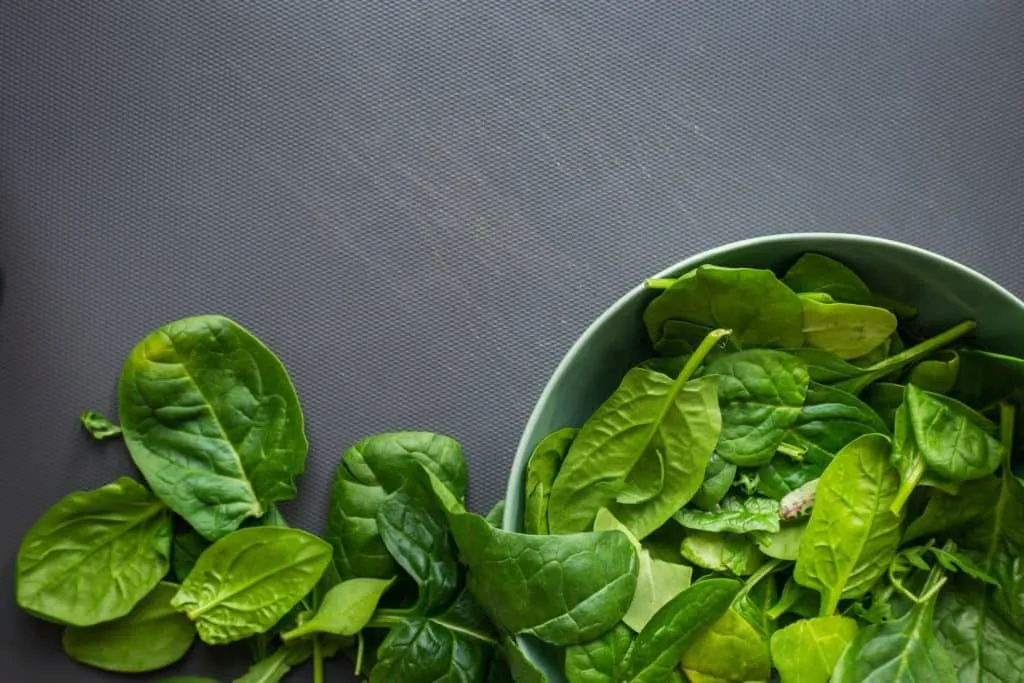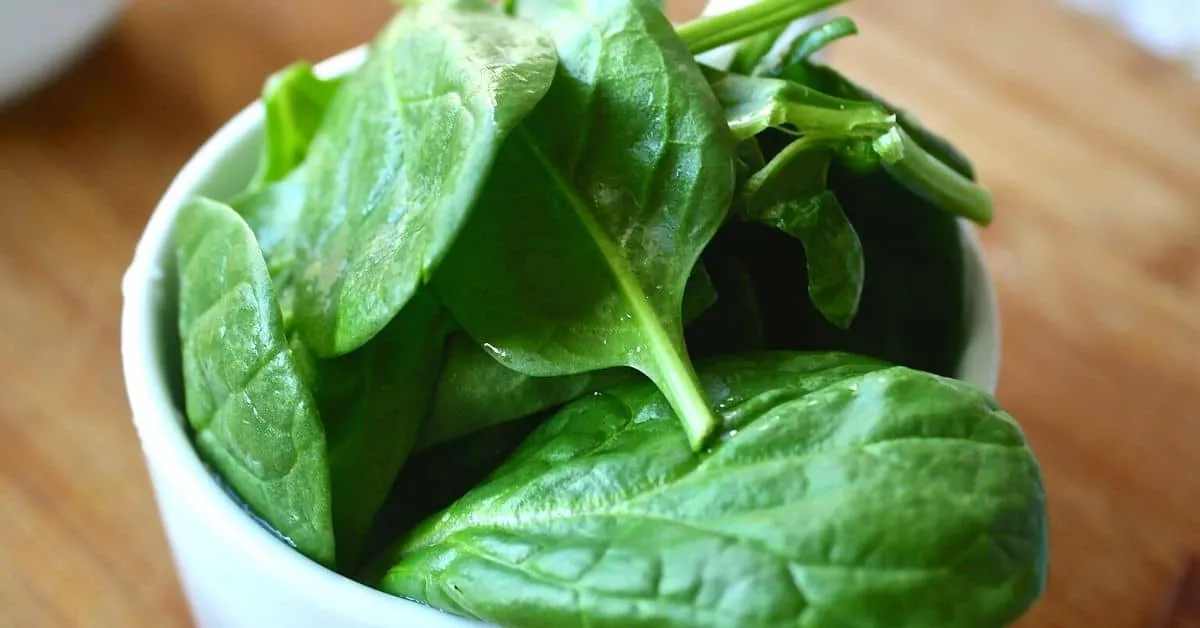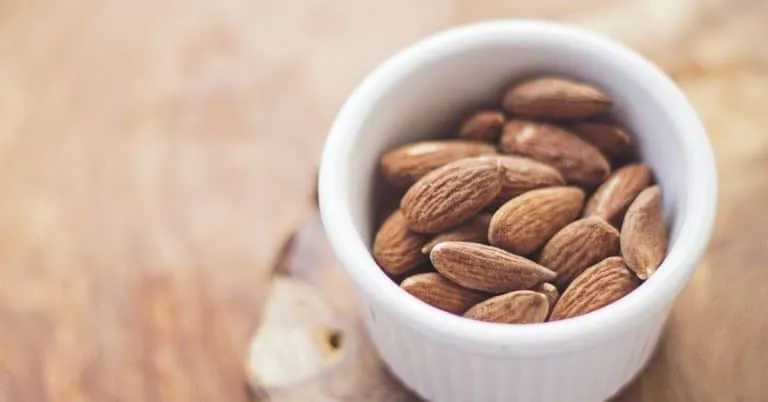Super Food Spotlight: Spinach
Spinach is a dark leafy green vegetable which contains heart-healthy minerals, vitamins, and antioxidants. These nutrients help reduce the risk of cardiovascular disease, that is the reason why spinach and other greens like kale, and collards rank among the very best anti-inflammatory foods.
Spinach provides real-life defense against osteoporosis, cardiovascular disease, colon cancer, arthritis, and other ailments.

NUTRITIONAL BENEFITS OF SPINACH AT A GLANCE
One cup of raw spinach contains
- 0.86 grams (g) of protein
- 30 milligrams (mg) of calcium
- 181% of your daily value of Vitamin K
- 0.81 g of iron
- 24 mg of magnesium
- 167 mg of potassium
- 58 micro-grams of folate
SPINACH MAY HELP FIGHT CANCER
Eating spinach provides you with antioxidants, including two flavonoid substance which have been shown to function as anticancer agents. The anticancer properties of the spinach flavonoids have been shown to impede cell division in stomach cancer cells and also to decrease skin cancers.
A study on mature women residing in New England from the late 1980s also revealed ingestion of spinach to be inversely associated with prevalence of breast cancer, while more studies are needed these early studies have shown Spinach to be an effective tool in the fight against cancer.
SPINACH IMPROVES EYE HEALTH
Spinach contains high levels of beta carotene which is a precursor to Vitamin A.
Healthful vitamin A levels are strongly associated with well-functioning eyes. For starters, it helps your own eyes with converting light into a signal which is then delivered to your brain. Another significant advantage of vitamin A is that it helps your retina functioning correctly.
If you do not get enough of this vitamin this region of your eye may actually vanish entirely — possibly resulting in blindness. Get enough vitamin A in your diet (from beta carotene through spinach) to be certain that this never happens.
SPINACH IMPROVES HEART HEALTH
Spinach’s contains high levels of folate and which helps decrease toxic amino acids such as homocysteine, which is associated with the hardening and narrowing of the blood vessels, increasing risk of heart attacks, strokes and blood clots.
Spinach also contains high levels of Vitamin K (one cup of spinach gives you 181% of daily value of Vitamin K). Vitamin K triggers proteins which play a role in blood clotting, calcium metabolism and cardiovascular health. It’s been demonstrated to help prevent cardiovascular disease by lowering calcium accumulation in blood vessels, it may also boost bone health and reduce risk of osteoporosis.
DOES COOKING SPINACH KILL NUTRIENTS?
Cooking spinach does in fact dull some of its nutritional benefits, folate, vitamin C, niacin, and potassium levels in cooked spinach are all lower than in its pre-cooked form. So if you’re looking to be getting as much of those nutrients as possible it is best to eat spinach raw.
With that said, cooking spinach has been shows to help ‘activate’ some nutrients, increasing the amount of vitamins A, E, zinc, and iron, that your body is able to effectively absorb. The difference isn’t a massive one though so don’t spend too much time overthinking this: both cooked and uncooked spinach is healthy. Yes, cooking it does damage some nutrients but it also makes other nutrients more bio-available and thus easier to absorb during digestion. Both options are healthy options.
IN SUMMARY
Spinach is an impressively healthy leafy green, packed with protein and vitamins. At only seven calories per cup, eating spinach is a superb way to get vital nutrients into your diet. Spinach helps build muscles and bones through a variety of vitamins and nutrients found in each leaf.
Eating spinach can aid in improving vision and lessen the risk of cataracts. Spinach includes lutein, which helps your eyes shield themselves in the sun’s UV rays. Spinach also has elevated levels of potassium, which helps reduce blood pressure.
Overall spinach is a super healthy food, to get more of it in your diet consider swapping out lettuce on subs and sandwiches for spinach.








